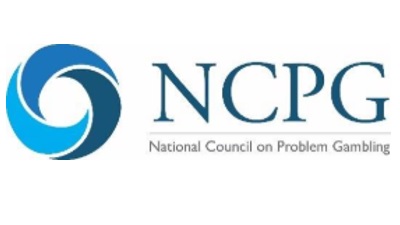FAQ on Senate's Approval of Military Gambling Addiction Research

Summary
What is the main purpose of the Senate’s recent action on gambling addiction?
The main purpose is to make gambling addiction an eligible research topic under the Department of Defense’s Peer-Reviewed Medical Research Program, aiming to better understand and address gambling disorder among active duty servicemembers and Veterans.
Why is this action significant?
This action is significant because it addresses gambling addiction as a behavioral health condition impacting military communities, which are disproportionately affected, and establishes the first federally recognized pathway for research into this issue.
Who championed this provision?
The provision was championed by Senator Ben Ray Luján (D-NM) and supported by the National Council on Problem Gambling (NCPG) and leading operators from the gambling industry.
How does gambling addiction affect military populations compared to civilians?
Servicemembers are twice as likely as civilians to experience gambling problems, with nearly 40% of veterans who seek treatment for gambling addiction reporting having attempted suicide.
What are the next steps for this provision?
The bill now proceeds to the full Senate for consideration, and if enacted into law, it would establish the first federally recognized pathway for research into gambling addiction in the military.
Where can individuals seek help for gambling addiction?
Individuals can contact the National Problem Gambling Helpline at 1-800-GAMBLER, text 800GAM, or visit www.1800gamblerchat.org for free and confidential help available 24/7.
What was the role of the National Council on Problem Gambling in this action?
The NCPG, along with its state affiliates and industry partners, supported the provision, advocating for research and better understanding of gambling addiction among military populations.
What previous actions has Congress taken regarding gambling disorder in the military?
Congress previously mandated annual screenings for gambling disorder in the FY2019 National Defense Authorization Act, but without federal research funding, clinicians lacked the necessary data and tools for early intervention or evidence-based care.

This story is based on an article that was registered on the blockchain. The original source content used for this article is located at citybiz
Article Control ID: 146040